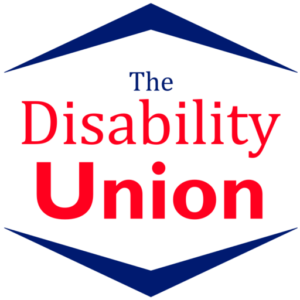
One obstacle that a lot of disabled people face when figuring out Personal Care Assistants (PCAs) is figuring out how they’re going to be paid. Having someone help you with daily living tasks is expensive, and many disabled people may have trouble paying out of pocket. Luckily, the UK has Carer’s Allowance, which will pay your PCAs if the two of you qualify. In this article, we’ll go over how you qualify, how to get started, and a few other basics you need to know about the program. This article will be geared more towards carers, rather than those who need cared for, so please keep that in mind while reading.
Eligibility
Before anything else, it’s important to know that only one carer per disabled person can claim Carer’s Allowance. If a carer leaves, a new one can step in but no two can get the allowance simultaneously. There are two components to eligibility. Both you and the person you will be caring for must meet certain criteria. In order for the disabled person to qualify they must already be getting one of these benefits:
- Personal Independence Payment – daily living component
- Disability Living Allowance – the middle or highest care rate
- Attendance Allowance
- Constant Attendance Allowance at or above the normal maximum rate with an Industrial Injuries Disablement Benefit
- Constant Attendance Allowance at the basic (full day) rate with a War Disablement Pension
- Armed Forces Independence Payment
A carer can qualify if they meet ALL the following criteria:
- you’re 16 or over
- you’re not in full-time education
- you spend at least 35 hours a week caring for someone
- you’ve been in England, Scotland or Wales for at least 2 of the last 3 years (this does not apply if you’re a refugee or have humanitarian protection status)
- you normally live in England, Scotland or Wales, or you live abroad as a member of the armed forces (you might still be eligible if you’re moving to or already living in an EEA country or Switzerland)
- you’re not studying for 21 hours a week or more
- you’re not subject to immigration control
- your earnings are £128 or less a week after tax, National Insurance and expenses*
*If you don’t earn over £128 every week, you still may qualify. Your average earnings will be worked out to determine if you are eligible to receive Carer’s Allowance.
Care You Can Provide
You must provide at least 35 hours of care a week, but what kind of care that is will depend on the person you are caring for. Each person has different needs, but in general this includes:
- helping with washing and cooking
- taking the person you care for to a doctor’s appointment
- helping with household tasks, like managing bills and shopping
Note for Coronavirus
If you are working remotely due to the coronavirus, you may still qualify if you are giving emotional care online or over the phone.
Effect on Other Benefits
When you claim Carer’s Allowance, it can affect benefits that both you and the person you’re caring for might receive. When you claim Carer’s Allowance your other benefits may be reduced, but your total benefit payments will usually either go up or stay the same. Carer’s Allowance does not count towards the benefit cap. For the person you care for, they will stop getting:
- a severe disability premium paid with their benefits
- an extra amount for severe disability paid with Pension Credit, if they get one
Apply
Now that you’ve figured out that both you and the person you care for are eligible, all that’s left is to apply! Here is the link to get you started.


